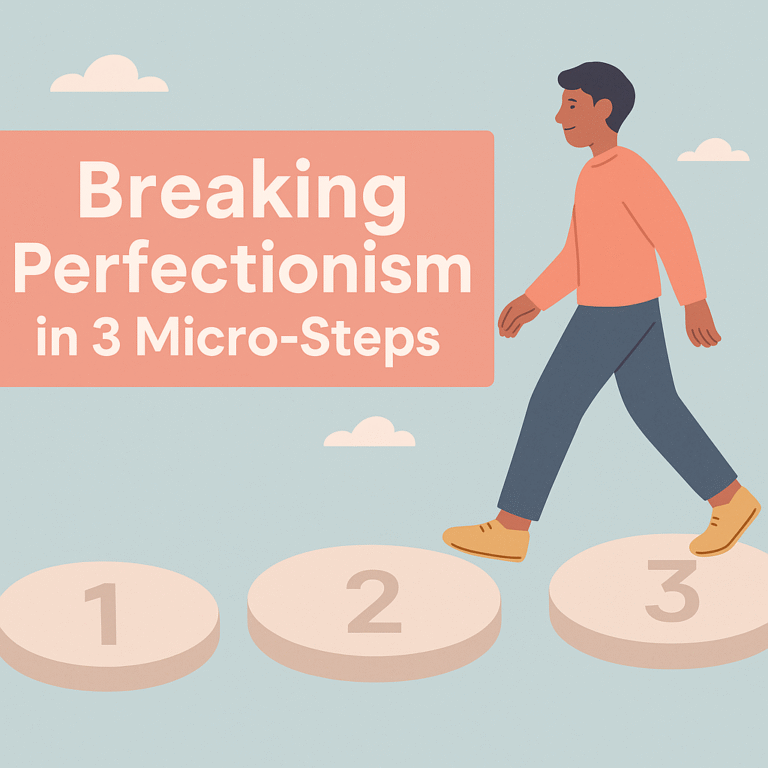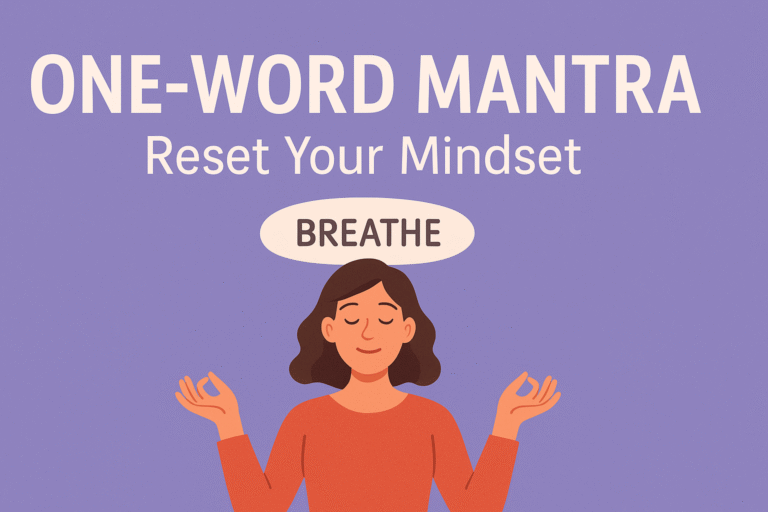Fixed vs Growth Mindset: How to Rewire Your Brain for Success and Personal Growth
Hello, my friend! Thank you for choosing Read and Reflect.
Introduction
Welcome back to another journey of self-improvement. Today’s topic is powerful—it’s all about mindset. In today’s fast-paced, digitally driven world, many people are addicted to social media, which often leads to anxiety, stress, and emotional burnout.
But here you are, taking a valuable step toward becoming your best self—learning how to develop a growth mindset. Let’s begin!
What Is Mindset?
Mindset refers to your way of thinking—your attitude, beliefs, and outlook on life. It shapes how you interpret challenges, respond to failure, and pursue goals. Simply put, it’s the mental lens through which you see the world.
Types of Mindsets
1. Fixed Mindset
- Believes abilities, intelligence, and talents are innate and unchangeable.
- Tends to avoid challenges, fears failure, and gives up easily.
2. Growth Mindset
- Believes that with effort, learning, and persistence, anyone can grow and improve.
- Embraces challenges, learns from feedback, and sees failure as a stepping stone to success.
Your mindset determines how you handle stress, relationships, and personal growth. A shift from a fixed to a growth mindset can truly change your life.
Story Time: A Glimpse into Both Mindsets
Title: “The Stuck Runner” (Fixed Mindset)
Ravi loved running. But every time he lost a race, he’d say, “I’m just not made for this. I’ll never win.” He stopped practicing and eventually gave up completely.
His belief that he couldn’t improve held him back—not his ability.
Title: “The Climber Who Could” (Growth Mindset)
Meera had a fear of heights. But she wanted to climb. She took baby steps—indoor climbing, small hills, and finally, she stood on a mountain peak.
She failed many times, but every time she whispered, “Next time, I’ll do better.” Her belief in growth carried her higher—literally.
Fixed Mindset vs Growth Mindset: When Do They Feel Smart?
In a study ranging from school kids to young adults, researchers asked:
“When do you feel smart?”
Fixed Mindset Responses
- “When I don’t make any mistakes.”
- “When I finish something fast and it’s perfect.”
- “When something is easy for me but hard for others.”
Growth Mindset Responses
- “When it’s really hard, and I try really hard, and I finally do it.”
- “When I work on something for a long time and begin to figure it out.”
The difference? One avoids discomfort, the other embraces it.
5 Proven Growth Mindset Habits That Can Transform Your Life
1. Growth Over Comfort
If you keep doing the same things, you’ll get the same results. Growth requires discomfort. Every successful person has faced challenges—they didn’t run from them.
They saw obstacles as opportunities.
Tip: Start that course. Take that first step. It won’t be easy, but it will be worth it.
2. Long-Term Focus
Success isn’t overnight. You need to give up short-term pleasures for long-term goals.
Example: Watching Netflix might feel good now, but studying for that exam brings future freedom.
Big Picture Thinking: Focus on what you want most, not what you want now.
3. Ownership of Actions
Many people blame others for their failures. But to grow, you must take full responsibility—both for your wins and your losses.
No blame games. Own your outcomes and adjust accordingly.
4. Continuous Learning
A little knowledge can be dangerous. It can lead to wrong decisions or misleading advice.
Stay curious. Never stop learning. Read, ask questions, take courses.
Lifelong learners become people others are drawn to.
5. Discipline Over Motivation
Motivation fades. Discipline remains.
Have a plan, and stick to it.
If progress stalls, don’t quit—adjust the plan, not the goal.
Discover how building consistent habits and managing your impulses can transform your goals into achievements. Mastering Self-Discipline: 7 Proven Techniques to Reach Your Goals Faster
Statistics: The Impact of Mindset on Success
- Stanford University Study: Students with a growth mindset had 33% higher grades than those with a fixed mindset.
- Harvard Business Review: Companies that promote a growth mindset report 34% higher employee satisfaction and 49% more innovation.
- Psychology Today: People who regularly work on mindset have 23% lower stress levels and are more resilient in tough situations.
Explore More Lessons
- The Mirror That Sees Your Strengths and Fears: A Magical Parable + 5 Insights
- How to Handle Friends Who Ghost You
- 5 Psychology-Based Tips to Control Your Mind Before It Controls You
Conclusion
Developing a growth mindset is not about being perfect. It’s about being open—open to learning, failing, adjusting, and growing. The world needs more people like you—people who choose progress over perfection.
You’ve already taken the first step by reading this blog. Now, take the next step: apply it.
“Whether you think you can, or you think you can’t—you’re right.”
—Henry Ford
Discover more from ReadAndReflect
Subscribe to get the latest posts sent to your email.








